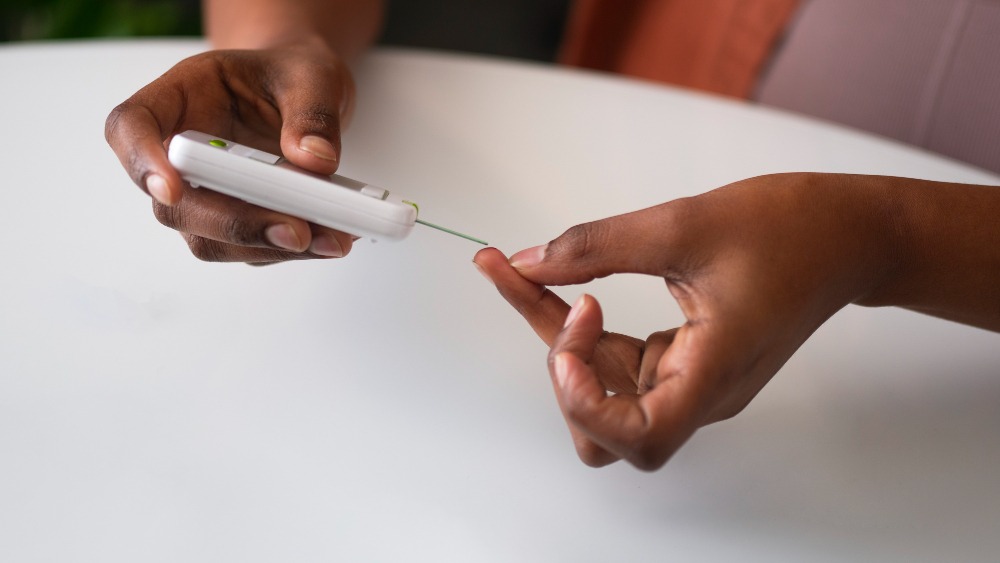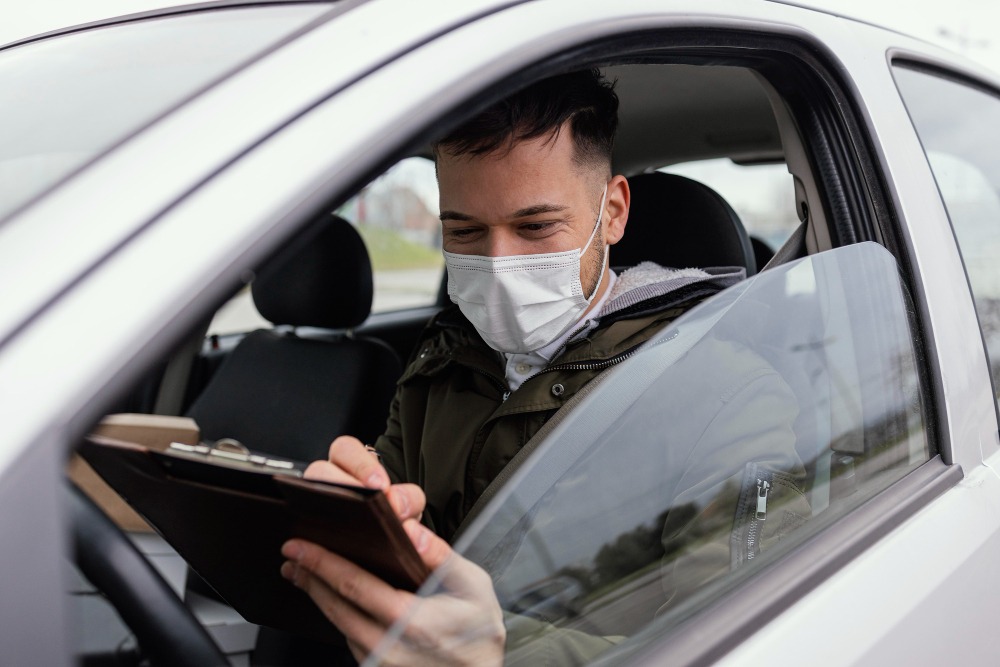Introduction:
If you’ve ever taken a Driver’s Medical Test, then you should know how important it is to pass. If you don’t pass the test, well…you won’t be able to drive! Here’s a rundown of what will happen during your Hgv driver medical exam:
The Driver’s Medical Test
The driver’s medical test is a short and simple examination administered by your doctor. You need to pay for this test yourself. The results are valid for 3 years, and you’re allowed to drive as long as you have them.
Eyesight Test
- You cannot wear glasses or contact lenses when you take the eyesight test.
- You must read number plates from 20 meters away and tell if the car is on its side or upside down. This is called visual acuity, and you must have a visual acuity of 6/12 or better in each eye, which means that you can see at least six out of every 12 lines on an eye chart from 20 meters away without wearing glasses or contact lenses.
- The driver’s license medical exam also requires that your doctor checks for any problems with your vision by using coloured lenses to check for peripheral vision (the area behind you and on both sides) and checking for colour blindness (which may affect your ability to drive safely). If you fail these tests, then your doctor will likely recommend that you be referred to an optometrist for more detailed testing before being issued a driver’s licence.
If this sounds like too much information about what happens during a driver’s medical test, don’t worry! It can be different when it comes time to go through everything yourself—but just remember: all is well! And now that we’ve discussed how many steps there are in preparing yourself ahead of time (i.e., reading up), we’ll move on to some tips so that nothing goes wrong when it comes time actually handle those documents themselves.
Alcohol Test
- The alcohol test is a breathalyzer test, and it’s done at the police station.
- The results of the driver’s medical test are given to the driving authority, who can revoke their license if they have any concerns over their ability to drive safely. These results are kept confidential so that only people who need to know about them can find out.
Prescription Drug Use Test
It’s important to know what drugs are being tested for. The most common drug tests are for:
- THC (tetrahydrocannabinol) – the main active ingredient in cannabis
- cocaine
- amphetamines (including ecstasy)
If you utilise any of these drugs, you may be asked to undergo an oral fluid drug test that can detect traces of those substances up to 24 hours after consumption. This is because the body takes longer than a few hours to process some substances, even if they’ve been taken recently. If the roadside test result shows positive for one or more of these drugs, your licence will be suspended immediately until you complete a driver medical assessment form (DMV5056). You will also have 14 days before the suspension starts; this allows enough time for you to receive your doctor’s approval on renewing your driver’s licence.
If any other prescription medications have been prescribed by your doctor and advised as necessary during treatment, it’s likely that these will be included in this list as well – but it can vary from state to state, so make sure you check with your local authority first!
Cannabinoid Use Test
Cannabis can be smoked, eaten or drunk. It is also used for medical purposes, and some countries allow it to be used for medicinal purposes.
Cannabis is a psychoactive drug that affects people’s moods, emotions and mental processes. When cannabis users become intoxicated by this substance, they may experience certain changes in behaviour, such as reduced inhibitions and feelings of elation. The effects of cannabis can last between two hours to three days, depending on how often you use it and how much you take at once (e.g., smoking versus eating).
Cocaine Use Test
Cocaine is a stimulant. It is a drug that can be used as a painkiller, but it’s also a recreational drug. As such, it’s commonly included in the driving medical exam.
In most cases, cocaine use will result in an immediate disqualification for drivers with medical issues or those who have been convicted of certain traffic offences. Cocaine use has been shown to increase the risk of injury because its effects include:
- Increased heart rate and blood pressure
- Reduced alertness, concentration and reaction time

Amphetamine Use Test
While urine testing is the most common method of detecting drug use. It can be difficult to accurately determine exactly how long amphetamine stays in your system. This is because of the way that amphetamine works its way through your body. It is broken down very quickly by enzymes in the liver into metabolites, which are then excreted through urine. The exact rate at which this happens depends on many factors, including how much you took. And when you last used it (the longer ago you last used it, the longer it will take to leave your system).
In addition to these difficulties, there are a lot of other variables associated with any type of drug test. Including diet and exercise habits as well as other medications or supplements someone may be taking. For example: If a person eats foods high in vitamin C, like oranges or peppers, right before taking their test, they are able to increase their metabolism so that less time passes after using amphetamines before they get tested again.
I Need to Pass That in Order to Get a Permit!
If you’ve been planning to take your first driving lessons, you’ll need to pass the driver’s medical test. This is a government requirement, and it’s in place to ensure that all drivers are fit and healthy enough to drive safely on our roads.
The test involves answering some questions about yourself and your medical history. As well as having an eye examination (which includes vision tests at 20 metres and 6 metres). If you have any impairments or conditions which stop or limit your ability to drive safely. Then the DVLA will ask for further evidence from your doctor before granting a licence.
Conclusion:
I expect that this blog has helped you understand the driver’s medical test and what it entails. If you have any questions, please feel free to leave them in the comments section below! Good luck with passing your test!



